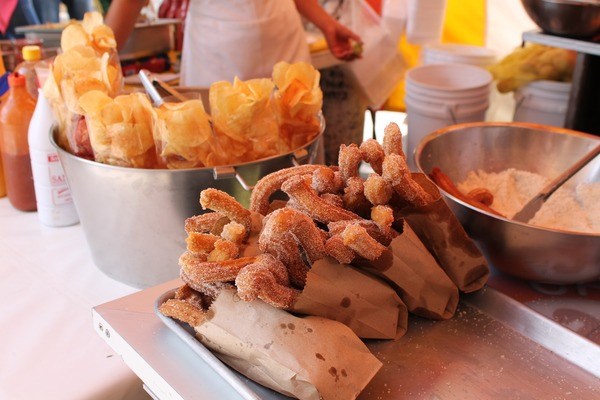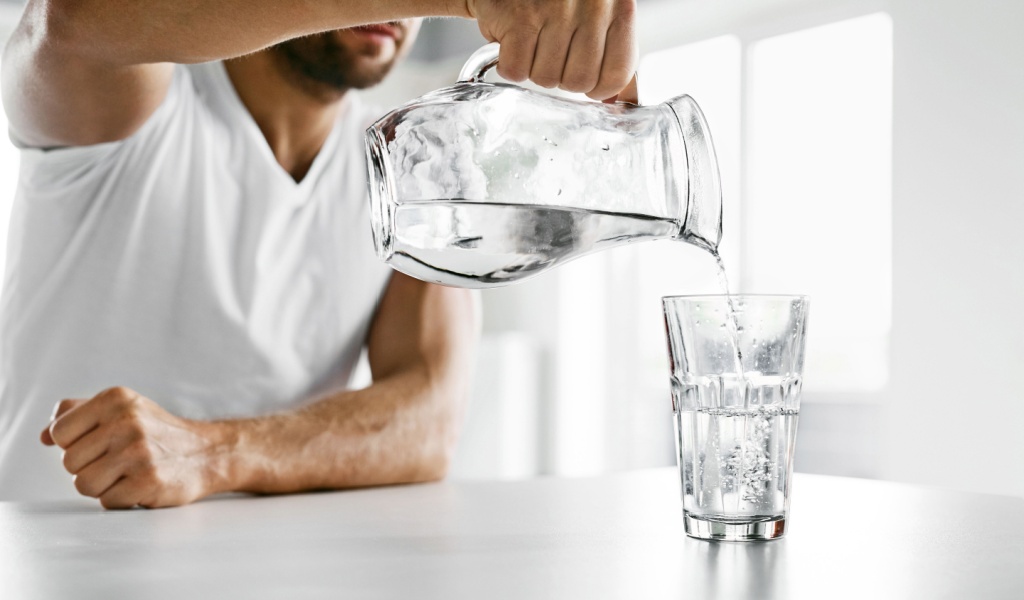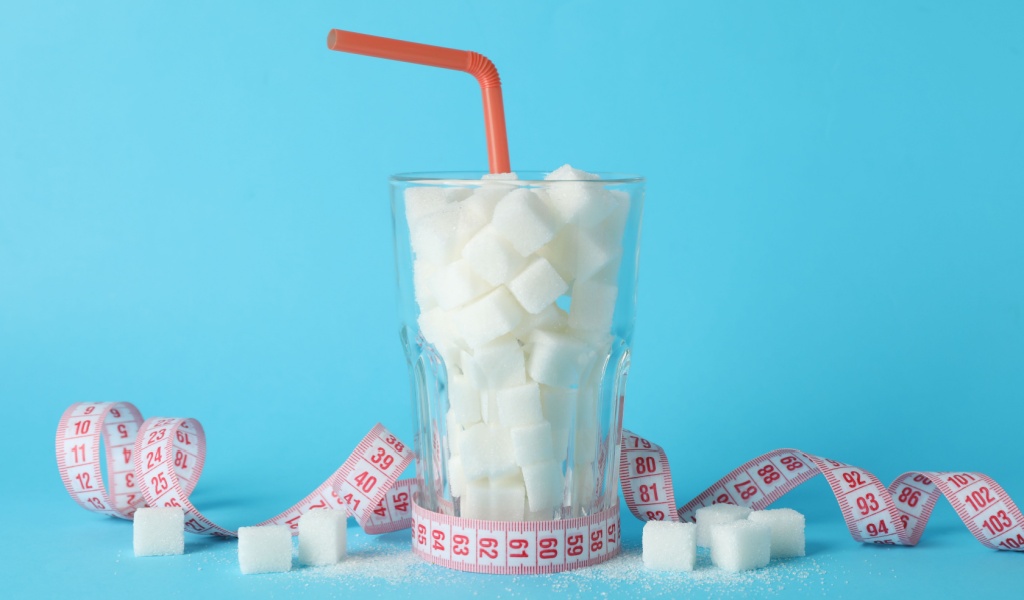Our kidneys are the often overlooked MVPs of our bodies. They are in charge of many essential tasks from filtering and excreting waste products to maintaining overall fluid balance, regulating blood pressure, keeping your bones healthy, and releasing hormones that make red blood cells, to name a few.
Our kidneys are tough and are equipped to handle a lot, even with all that we put them through regarding diet, medications, environmental toxins, etc. But even the healthiest of kidneys can be affected by something we do knowingly or otherwise.
Diet, for instance, is crucial. Certain foods are harmful to a kidney that is even slightly compromised, and certain other foods that we consider good for us can damage even a healthy kidney when consumed in excess. Here are 7 such foods you did not know are actually harming your kidneys.
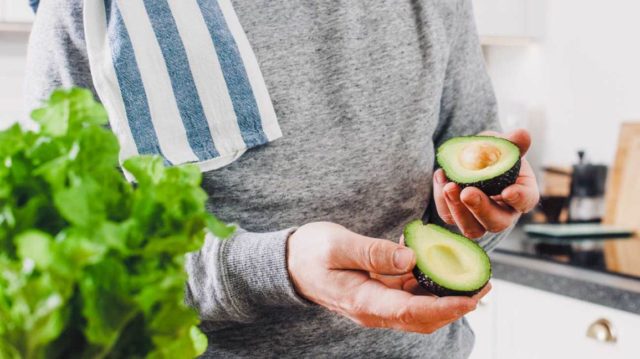
1. Nuts
Nuts are healthy, of course, but not if you are someone who is prone to kidney stones. This is because of a category of minerals called oxalates that can be found in the most common type of kidney stones.
And it’s not just nuts. Other foods containing oxalates, such as spinach, beets, French fries, bran flakes, and potato chips are best avoided if you’ve ever had kidney stones in the past. Even “healthy” people need to moderate their intake of such foods. And as always, eating a variety of green vegetables and healthy foods is better than sticking to just one.
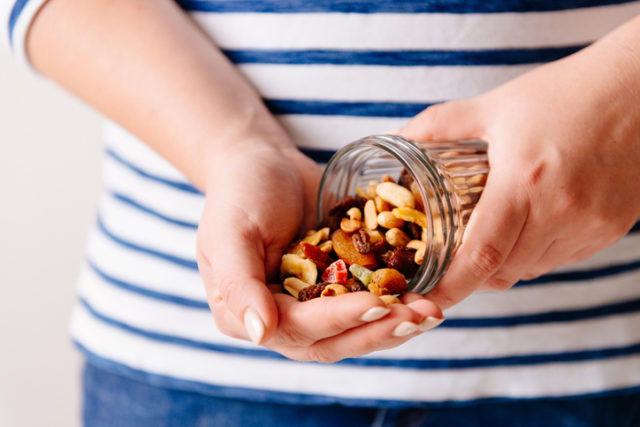
2. Avocados
Avocados are creamy, delicious, and not to mention full of good fats. They are also high in potassium, which controls fluids as well as the electrolyte balance and pH levels in your body. Since kidneys rely on having just the right balance of sodium and potassium, you don’t want to have too much of either.
Hyperkalemia, the condition of having too much potassium in the blood, is most common in people with advanced kidney disease. This can cause numbness, weakness, nausea, and decreased heart rate. But, if you have a healthy kidney, you need not to worry about eating avocados. In fact, you probably need the potassium anyway. Just don’t eat too many of them at a time!
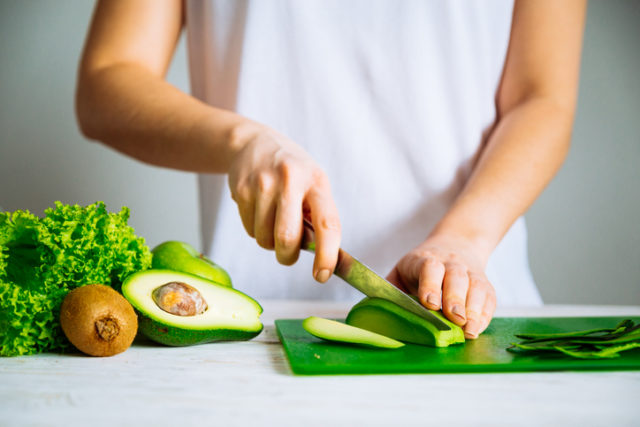
3. Caffeine
If you’re someone that can’t function without caffeine, this could be bad news. Studies have found that long-term caffeine consumption can make increase your risk of kidney stones and even worsen chronic kidney disease. This is because of its status as a diuretic, as such foods hinder your kidney’s ability to absorb enough water.
Of course, a single cup of coffee in the morning/evening isn’t a problem, but if you’re prone to consuming caffeine-heavy beverages through the day, you may need to watch out. Caffeine can also increase blood flow, and thereby, blood pressure. But if you do not have any blood pressure issues, a reasonable amount of caffeine shouldn’t affect it.
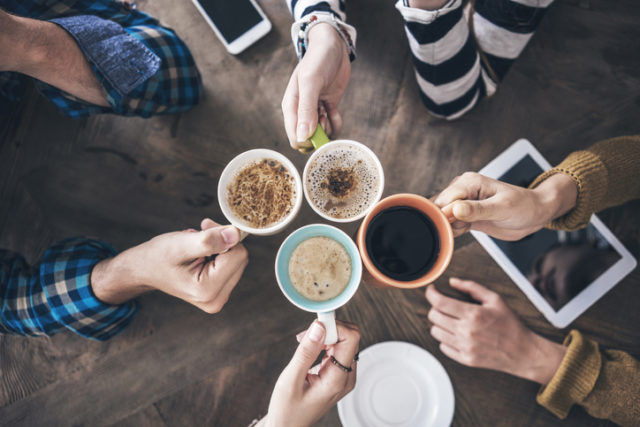
4. Dairy Products
An increase in the amount of calcium has been found to raise your risk of kidney disease. Since dairy products such as cheese, milk, and yogurt are rich sources of calcium, they aren’t ideal for those who are facing problems in that area.
In fact, those who already have kidney disease even found that reducing their dairy consumption to make the filtering process of the kidneys to be easier. This can even delay the need for dialysis.
Butter is also another dairy product you need to be careful about. Since it is high in saturated fats, it can increase your risk of heart disease, which is a major risk factor that could lead to kidney disease (and vice versa).
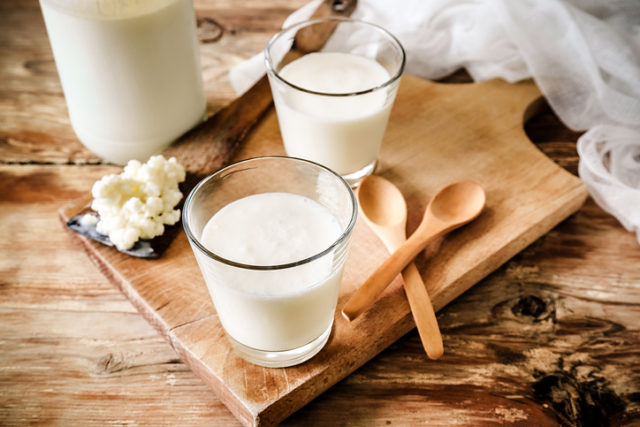
5. Salt
A thorough analysis of a modern diet will probably leave you shocked at the amount of sodium present in it, and we’re not just talking about the seasoning in your home-cooked food.
Sodium is a major player in the proper functioning of our kidneys, and too much of it can force your kidneys to retain excess water in an attempt to dilute the salt in your bloodstream, placing undue pressure on them. Over the long run, excess salt consumption can raise blood pressure. It can even damage the microscopic structures in the kidney responsible for filtering waste known as nephrons.
Since sodium works in combination with potassium to maintain the fluid balance of the body, you need to be careful about how much of it ends up in your body. So, it’s best to avoid eating junk and processed foods, which are chock full of it.
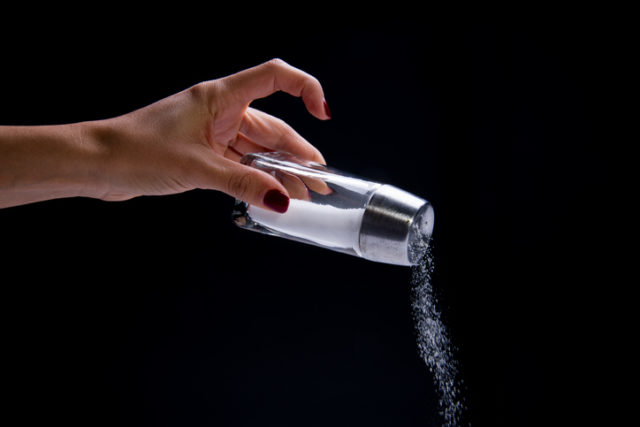
6. Meat
Protein, although a very essential part of a healthy person’s diet, is also something that our kidneys find the hardest to metabolize. Furthermore, excess consumption of animal-based proteins may also increase your risk of kidney stones.
Organ meat like live has a high concentration of purine, which stimulates uric acid, a waste product, in the body. Since it’s the kidneys’ job to filter out such waste, it can place a lot of pressure on them. These reasons make a protein-rich diet harmful to those with kidney disease.
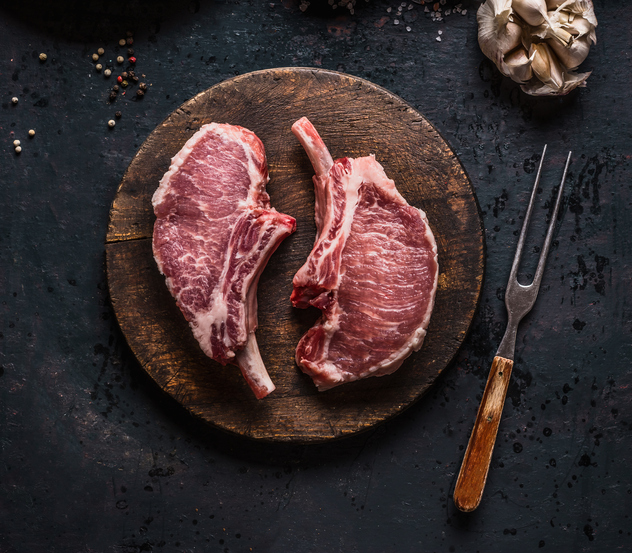
7. Artificial Sweeteners
If you’ve been trying to reduce your sugar consumption, good on you. But if you’ve been doing so by substituting with artificial sweeteners, we’ve got some bad news for you. There’s a lot of debate about the safety of artificial sweeteners, but research has found that consuming just 2 diet sodas a day will cause a decline in kidney function.
Furthermore, studies have even found that those who use artificial sweeteners don’t actually consume less sugar after all. But, if you still choose to do so, stevia, a natural herb extract, is your best option. It has been used in places like South America for decades with no known side effects.
